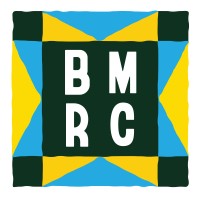
Black Metropolis Research Consortium
The Black Metropolis Research Consortium (BMRC) is a Chicago-based membership association of libraries, universities, and other archival institutions. Its mission is to make broadly accessible its members’ holdings of materials that document African American and African diaspora culture, history, and politics, with a specific focus on materials relating to Chicago. The University of Chicago is the host institution of the BMRC






